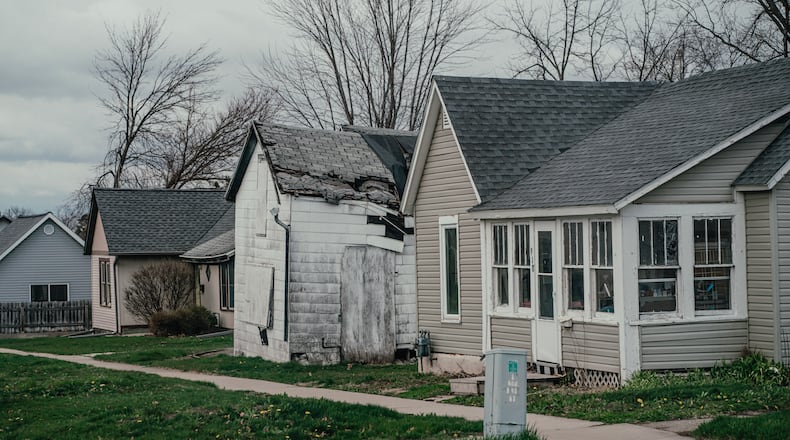But here’s the bigger problem: there is no path to push back. When I asked questions, I was dismissed, ridiculed, and ultimately told there’s no way to dispute treatment or transfer my policy to another agent. Not only are premiums rising faster than wages or inflation, we’re expected to accept it silently.
Insurance companies blame inflation, but where’s the transparency? Have brokers lost revenue? Have carriers taken financial hits—or have consumers simply absorbed all the cost?
I’m not alone. Talk to your neighbors. Many of them are quietly downgrading policies or going underinsured just to get by. This is not sustainable.
We need action:
- A policyholder Bill of Rights
- Public review of premium hikes above 10%
- A right to escalate outside your agent’s office
- A statewide affordability index to track the burden on real people
We all want to protect our homes, cars, and families. But Ohioans can’t do that if the rules only work for the companies.
- Nathaniel Silver, Springfield
A year ago, my 14 year old daughter experienced severe pelvic pain for weeks. We visited doctors until she finally underwent emergency laparoscopic surgery, diagnosed with ovarian torsion. It’s a serious condition where the ovary and/or fallopian tube twist on its supporting ligaments and cut off blood supply. During the surgery, they had to remove one of her fallopian tubes as it had been badly damaged. My daughter was on Medicaid during this time, just like 3 million people here in Ohio. Without Ohio’s Medicaid program, all of the debt from caring for my daughter would have stuck for the rest of my life. My story isn’t unique. There are many, many Ohioans who experience situations just like this every day, and Medicaid saves their lives too. Our amazing hospitals rely on Medicaid to maintain proper health care infrastructure. When politicians threaten our Medicaid funding, and put barriers up to access it, they are putting all Ohioans at risk of losing quality health care, regardless of their income or insurance status. This is literally life or death for many of us. The budget bill has already passed the Senate: call your Representative to STOP cuts to Medicaid.
- Amber Brown, Columbus
As a small business owner, I’m tired of watching politicians talk about helping Main Street while rigging the system for Wall Street. When Donald Trump slapped tariffs on imports from China, it wasn’t the big corporations that got hit hardest—it was people like me. My business saw prices spike overnight. That’s not sustainable, and it’s not fair. That’s why I joined a federal lawsuit to fight back — and why I’m asking folks to support the Small Business Liberation Act in Congress. This bill would exempt small businesses from those tariff taxes. We’re not asking for special treatment. We’re asking not to be crushed by economic policies that never made sense in the first place. Big corporations have lobbyists to help them. We don’t .I know this bill is a long shot because most people in Congress don’t care about anyone other than campaign donors. But I must do what I can to save my business and the businesses of others. Let’s pass the Small Business Liberation Act and give small businesses a real shot.
- Jordan McLaughlin, New Albany
Credit: JIM NOELKER
Credit: JIM NOELKER
Interested in submitting a letter to the editor? Email your submission to edletter@coxinc.com.
What makes a good Letter to the Editor?
Our Letters to the Editor are generally collected and published once a week, based on the volume and quality of submissions we receive. Letters to the Editor are short, focused submissions that quickly address a single topic. They can run up to 250 words in length.
Letters to the Editor can respond to specific issues in stories we’ve reported, other contributed columns or syndicated columnists. They’re a quick and easy way to add your perspective to the discussion of any topic.
Learn more about how to get involved with our Ideas & Voices section.

